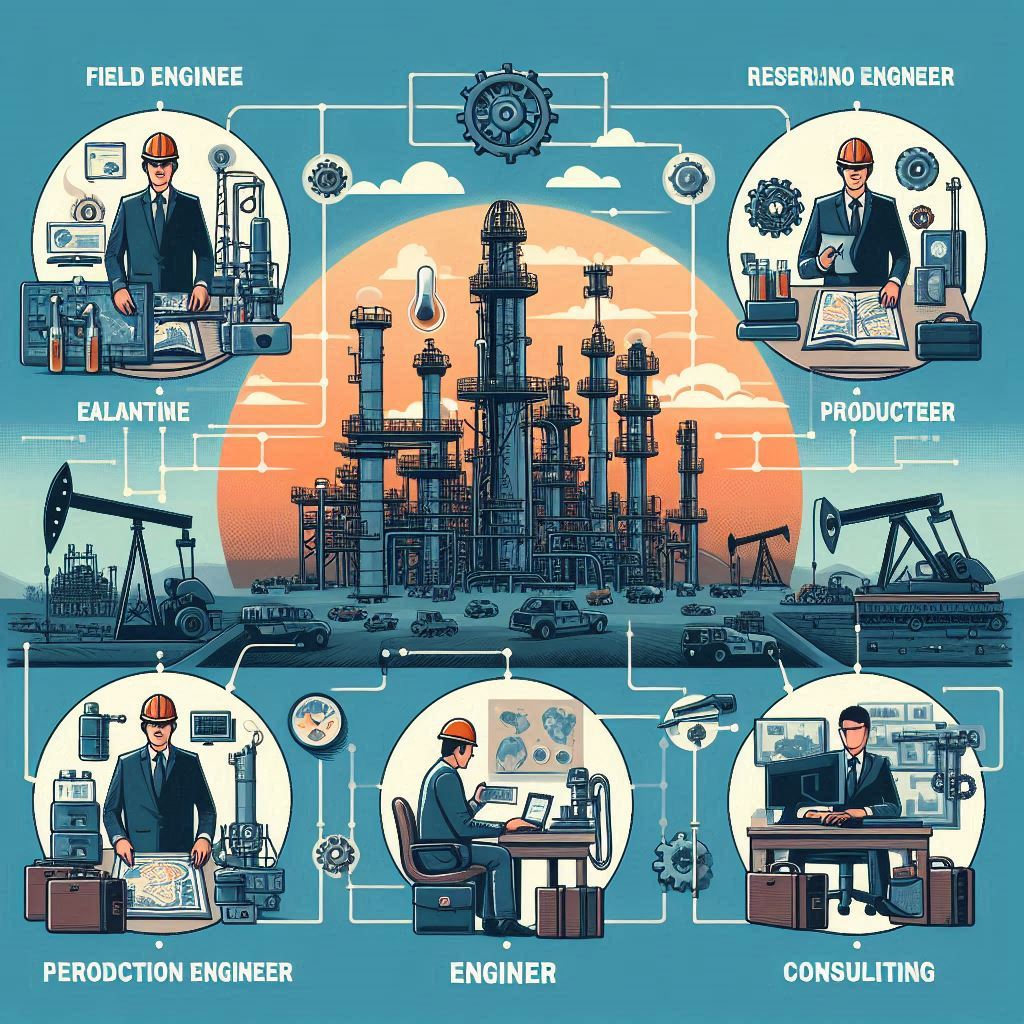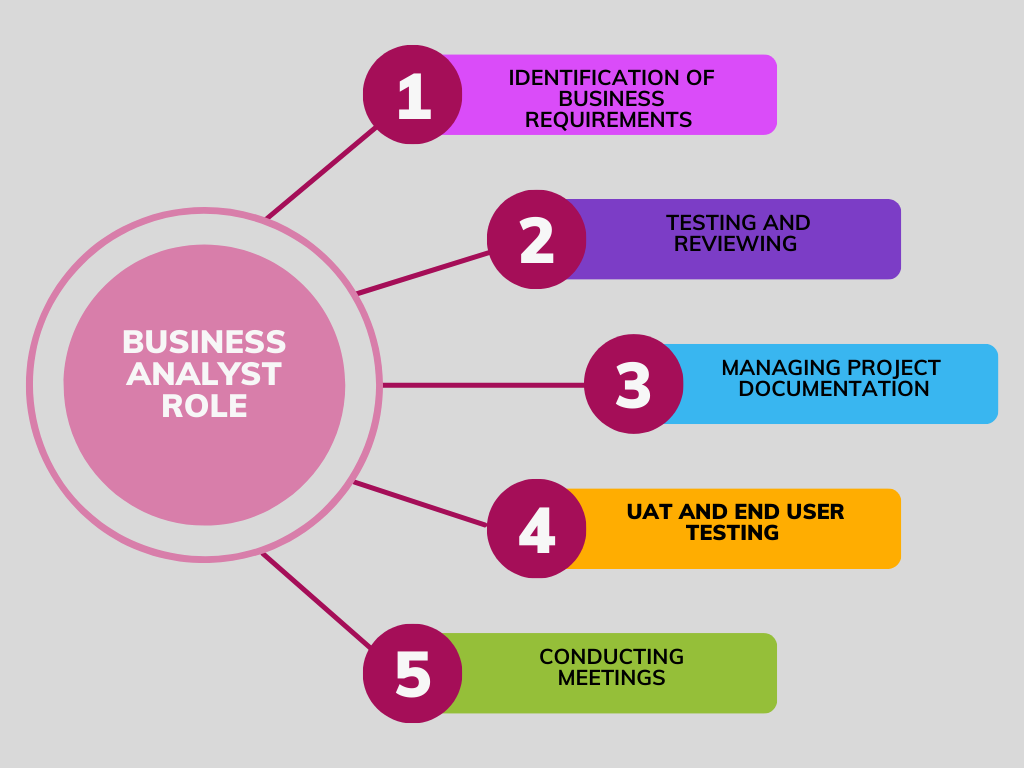Introduction
Teenagers have plenty of career choices and it is at time confusing to choose one and plan a roadmap to achieve it. Teenagers ignore the fact that IT and medicine are not just the only options. Petroleum engineering is also a good choice. The future of petroleum engineering is a topic of interest, especially given the growing emphasis on renewable energy.
This field still offers a range of opportunities and benefits that could make it an appealing choice for Gen-Z and Gen-Alpha. In this article, we’ll dive into the pros and cons, job prospects, and what the future might hold for petroleum engineers.
Definition
Petroleum engineering is the branch of engineering that specializes in extracting and producing oil and gas. It encompasses drilling, managing reservoirs and innovating technologies to enhance the effectiveness and safety of oil and gas extraction processes.
Key Areas
- Drilling Engineering: Drilling wells are designed and implemented to extract oil and gas.
- Production engineering: In this phase, production of oil and gas extraction is monitored
- Reservoir engineering: determine the best method to extract the oil and gas
- Petrophysics: Properties of rocks and their interaction with fluids are studied
- Process engineering: Separating, processing and transporting of petroleum products .
Should you consider a degree in Petroleum Engineering?
A degree in petroleum engineering can open up exciting global opportunities. Let’s see what’s in store:
- High Demand: The global demand for energy continues to rise, and petroleum engineers play a crucial role in meeting this demand. Their expertise in extracting and processing oil and gas ensures a stable energy supply.
- Challenging Work: Petroleum engineers tackle complex problems related to reservoirs, drilling, and production. They design innovative solutions, optimize processes, and contribute to sustainable energy practices.
- Financial Rewards: The petroleum industry offers competitive salaries. Graduates with petroleum engineering degrees often earn well, especially in regions with active oil and gas exploration.
- Versatility: While petroleum engineering focuses on oil and gas, the skills acquired are transferable. Engineers can work in other energy sectors, environmental consulting, or even data science.
- Cutting-Edge Technology: Petroleum engineers leverage advanced tools, simulations, and AI to enhance exploration and production efficiency.
- Technological advancement: Petroleum engineering is a field in constant evolution. Innovations in drilling techniques, like horizontal drilling and hydraulic fracturing, have revolutionized the industry. Moreover, the drive towards more sustainable and environmentally friendly practices signifies a persistent need for innovation.
Pros and cons
| PROS | CONS |
| Substantial financial benefits – Salaries are good! | Industry has an impact on environment. |
| Travel the world – global opportunities | Job stability due to fluctuation in oil prices |
| Opportunity to innovate | Negative public opinion |
Future Prospects
The Shift to Renewable Energy
With the global shift towards renewable energy, the prospects for petroleum engineering may appear unclear. Yet, this transition offers new possibilities. Numerous oil and gas firms are expanding their portfolios to encompass renewable energy initiatives. The expertise acquired in petroleum engineering, including project management, intricate problem-solving, and knowledge of energy markets, can be applied within the renewable energy domain.
The Role of Innovation
Innovation in the petroleum industry extends beyond merely increasing oil and gas extraction; it encompasses enhancing safety and sustainability. Engineers are focused on minimizing the carbon footprint of extraction processes and devising methods to capture and sequester carbon emissions. Such progress could render the industry more eco-friendly and secure its significance in the forthcoming energy paradigm.
Educational Path and Skills Required
Academic Requirements
To pursue a degree in petroleum engineering, you’ll typically need a strong background in math and science. Courses will cover subjects such as:
- Geology
- Thermodynamics
- Fluid Mechanics
- Reservoir Engineering
Essential Skills
- Analytical Skills: Ability to analyze data and solve complex problems.
- Technical Skills: Proficiency with engineering software and technologies.
- Communication Skills: Clear communication is crucial for teamwork and presenting findings.
- Project Management: Managing projects and coordinating with different teams.
Job Market and Career Opportunities
Employment Outlook for Petroleum engineers
The employment outlook for petroleum engineers can be influenced by several factors, including oil prices, technological advancements, and regulatory changes. While the industry may experience periods of instability, skilled engineers are always in demand for their expertise in managing and optimizing oil and gas production.
Table: Job Outlook for Petroleum Engineers
| Year | Projected Employment (thousands) | Job Growth (%) |
|---|---|---|
| 2020 | 28.5 | 3 |
| 2030 | 29.4 | 3 |

Career Paths
- Field Engineer: Working on-site to oversee drilling operations.
- Reservoir Engineer: Analyzing and managing oil and gas reservoirs.
- Production Engineer: Optimizing production processes and equipment.
- Consulting: Providing expert advice to various companies and projects.
Is It the Right Choice for You?
Deciding on pursuing a degree, in petroleum engineering depends on what you’re passionate about your values and your career goals. If you enjoy working with energy solving problems and are excited about using cutting edge technology, a path in petroleum engineering could be rewarding for you. However it’s important to consider the impact of the field and the potential, for market fluctuations.
Weighing Your Options
- Pros: High earning potential, global opportunities, technological innovation.
- Cons: Environmental concerns, job market volatility, public perception.
Conclusion
Earning a degree in petroleum engineering presents a distinctive mix of challenges and rewards. Despite facing considerable environmental and economic hurdles, the sector also offers chances for innovation and worldwide career opportunities. Staying well-informed and flexible allows you to overcome these obstacles and forge a thriving career that matches your ambitions and principles.
Further Reading
For those interested in exploring more about the field of petroleum engineering, check out these resources:
- Society of Petroleum Engineers
- Petroleum Engineering – Overview and Career Opportunities
- U.S. Bureau of Labor Statistics – Petroleum Engineers
- To explore more careers here
FAQS
1. What does a petroleum engineer do?
Answer:
A petroleum engineer designs and develops methods for extracting oil and gas from deposits below the Earth’s surface. They work on-site to oversee drilling operations and ensure efficient extraction methods. They also develop new techniques to extract oil and gas from older wells and are involved in reservoir management, drilling operations, and production optimization.
2. What education is required to become a petroleum engineer?
Answer:
To become a petroleum engineer, you typically need a bachelor’s degree in petroleum engineering or a related field such as mechanical, chemical, or civil engineering. Some positions may require a master’s degree or higher, especially for research and academic roles. Courses usually cover subjects like geology, thermodynamics, fluid mechanics, and reservoir engineering.
3. What skills are essential for a petroleum engineer?
Answer:
Key skills for a petroleum engineer include:
- Analytical skills: Ability to analyze data and solve complex problems.
- Technical skills: Proficiency with engineering software and technologies.
- Communication skills: Clear communication for teamwork and presenting findings.
- Project management: Managing projects and coordinating with different teams.
- Innovation: Ability to develop new technologies and methods for extraction.
4. What is the job outlook for petroleum engineers?
Answer:
The job outlook for petroleum engineers can be influenced by several factors, including oil prices, technological advancements, and regulatory changes. According to the U.S. Bureau of Labor Statistics, employment of petroleum engineers is projected to grow 3% from 2020 to 2030, which is slower than the average for all occupations. However, there is consistent demand for skilled engineers due to the ongoing need for energy resources.
5. How much do petroleum engineers earn?
Answer:
Petroleum engineers are among the highest-paid engineers. According to the U.S. Bureau of Labor Statistics, the median annual wage for petroleum engineers was $137,720 as of May 2020. Salaries can vary based on factors such as location, level of experience, and the specific industry sector.
6. What are the working conditions like for petroleum engineers?
Answer:
Petroleum engineers may work in a variety of settings, including offices, laboratories, and on-site at drilling locations, which can be offshore or onshore. On-site work can involve long hours and potentially hazardous conditions. Engineers often travel to different locations, sometimes internationally, and may spend significant time away from home.
7. What are the environmental impacts of petroleum engineering?
Answer:
Petroleum engineering involves extracting fossil fuels, which can have significant environmental impacts such as pollution, greenhouse gas emissions, and oil spills. The industry is working to mitigate these impacts through advancements in technology and more sustainable practices, such as carbon capture and storage and reducing the carbon footprint of extraction processes.
8. Is there a future for petroleum engineering given the shift to renewable energy?
Answer:
While there is a global shift towards renewable energy, petroleum engineering still has a future. Oil and gas are expected to remain significant energy sources for decades. Additionally, many skills gained in petroleum engineering, such as project management and complex problem-solving, are transferable to the renewable energy sector. The industry is also evolving, with many companies investing in renewable energy projects.
9. What are some career paths available to petroleum engineers?
Answer:
Career paths for petroleum engineers include:
- Field Engineer: Overseeing drilling operations on-site.
- Reservoir Engineer: Analyzing and managing oil and gas reservoirs.
- Production Engineer: Optimizing production processes and equipment.
- Drilling Engineer: Designing and implementing drilling plans.
- Consultant: Providing expert advice to various companies and projects.
- Research and Development: Innovating new extraction technologies and methods.
10. How can I advance my career in petroleum engineering?
Answer:
To advance your career in petroleum engineering:
- Gain experience: Work on various projects to build a diverse skill set.
- Further education: Consider pursuing a master’s or doctoral degree.
- Stay updated: Keep abreast of the latest industry trends and technologies.
- Network: Build professional relationships through industry conferences and associations such as the Society of Petroleum Engineers (SPE).
- Certifications: Obtain certifications in specialized areas to enhance your expertise and credibility.





